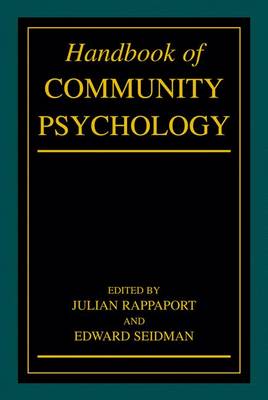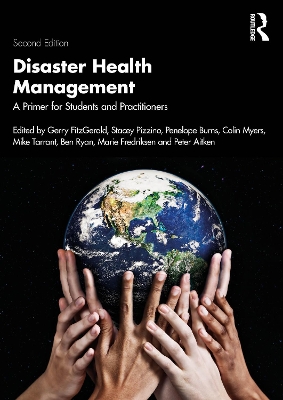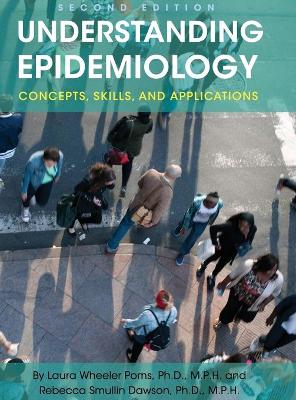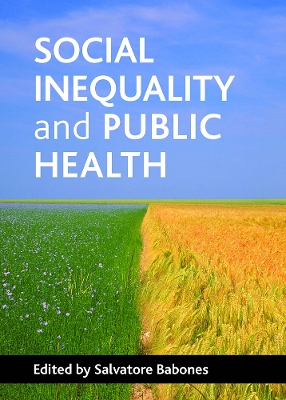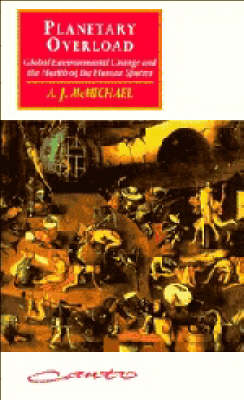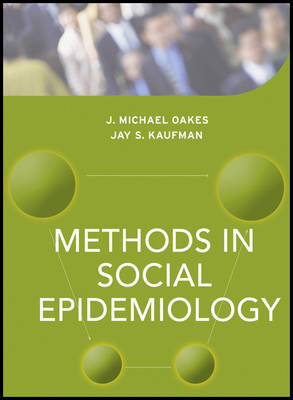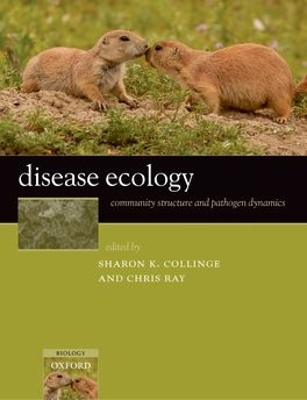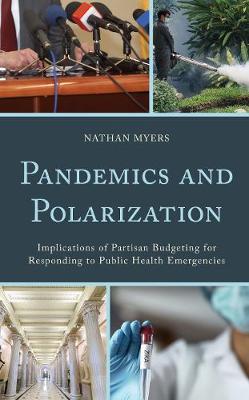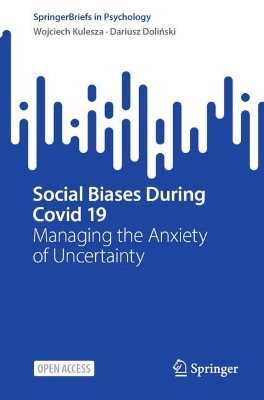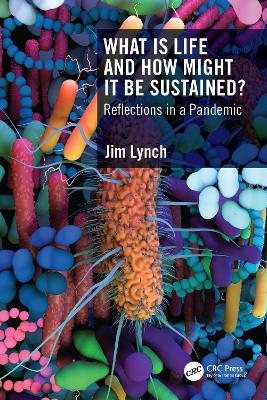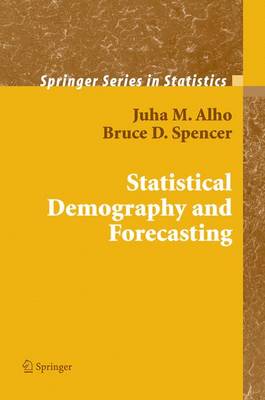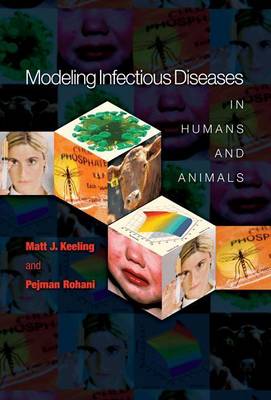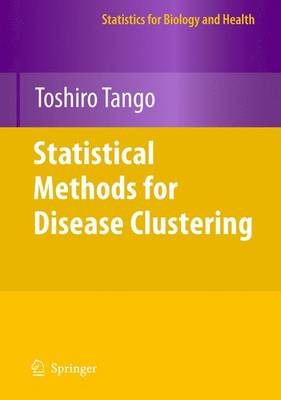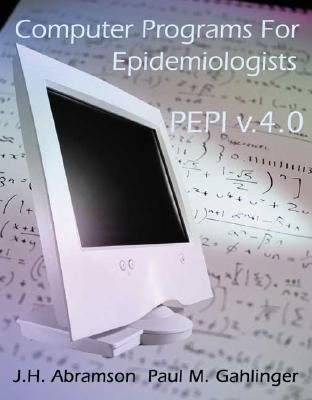Handbook of Community Psychology
As a field progresses, people write about their own work in journals, chapters, and books; but periodically the work needs to be collected and organized. It needs to be brought together in a format that can both introduce new members to the field and reacquaint continuing members with the work of their colleagues. Such a collection also affords an opportunity for the growing number of people with particular expertise to provide a reference for others whose work is related, but differs in focus....
Disaster Health Management
The second edition of this leading textbook provides the definitive guide to disaster health management. From the key concepts, principles and terminology, to systems for mitigation, planning, response and recovery, it gives readers a comprehensive overview of every aspect of this emerging field. Split into eight parts, the book begins by drawing the parameters of disaster health management before outlining key elements such as communication, community engagement and legal issues. It then move...
Public health in the early 21st century increasingly considers how social inequalities impact on individual health, moving away from the focus on how disease relates to the individual person. This 'new public health' identifies how social, economic and political factors affect the level and distribution of individual health, through their effects on individual behaviours, the social groups people belong to, the character of relationships to others and the characteristics of the societies in whic...
The human species faces a new kind of threat to its health - perhaps to its longer-term survival. Burgeoning numbers, consumption and the spread of technology are overloading Earth's capacity to replenish and repair itself. This eloquent and alarming book examines the likely impact on human health of the ongoing degradation of the planet's ecosystems. Where most studies of these phenomena have limited their analysis to the environmental consequences, A. J. McMichael brings a broader evolutionary...
Methods in Social Epidemiology (Public Health/Epidemiology and Biostatistics)
Social epidemiology is the study of how social interactions social norms, laws, institutions, conventia, social conditions and behavior affect the health of populations. This practical, comprehensive introduction to methods in social epidemiology is written by experts in the field. It is perfectly timed for the growth in interest among those in public health, community health, preventive medicine, sociology, political science, social work, and other areas of social research. Topics covered are:...
Relatively few people have access to antiretroviral treatment in South Africa. The government justifies this on grounds of affordability.Nicoli Nattrass argues that the government's view insulates AIDS policy from social discussion and efforts to fund large-scale intervention. Nattrass addresses South Africa's contentious AIDS policy from both an economic and ethical perspective, presenting: • a history of AIDS policy in South Africa • an expert analysis of the macroeconomic impact of AIDS • a d...
Disease Ecology
Many infectious diseases of recent concern, including malaria, cholera, plague, and Lyme disease, have emerged from complex ecological communities, involving multiple hosts and their associated parasites. Several of these diseases appear to be influenced by human impacts on the environment, such as intensive agriculture, clear-cut forestry, and habitat loss and fragmentation; such environmental impacts may affect many species that occur at trophic levels below or above the hostcommunity. These o...
The Prepper's Guide to Surviving Pandemics, Bioterrorism, and Infectious Disease
by William W. Forgey
The pandemic caused by SARS-CoV-2 has changed how we live our lives, and most likely will do so for years to come. While not exclusively about SARS-CoV-2, The Prepper's Guide to Surviving Pandemics, Bioterrorism, and Infectious Disease covers the subject thoroughly and also delves into the massive controversy concerning herd immunity, which vaccines are the most likely to work, the issue of second wave or resurgence caused by school re-openings and other activities, changes in public policy, and...
Methodology and Epistemology of Multilevel Analysis (Methodos, #2)
The purpose of the multilevel approach is to understand individual behaviors taking into account the social context in which they occur. This book deals with concepts and methods underlying this approach. This book is of interest to a broad audience of social scientists, statisticians and philosophers concerned with new issues raised by the multilevel approach, and more generally with explanation in the social sciences.
Cure Models (Chapman & Hall/CRC Biostatistics)
by Yingwei Peng and Binbing Yu
Cure Models: Methods, Applications and Implementation is the first book in the last 25 years that provides a comprehensive and systematic introduction to the basics of modern cure models, including estimation, inference, and software. This book is useful for statistical researchers and graduate students, and practitioners in other disciplines to have a thorough review of modern cure model methodology and to seek appropriate cure models in applications. The prerequisites of this book include some...
Paul Farmer has battled AIDS in rural Haiti and deadly strains of drug-resistant tuberculosis in the slums of Peru. A physician-anthropologist with more than fifteen years in the field, Farmer writes from the front lines of the war against these modern plagues and shows why, even more than those of history, they target the poor. This 'peculiarly modern inequality' that permeates AIDS, TB, malaria, and typhoid in the modern world, and that feeds emerging (or re-emerging) infectious diseases such...
Social Biases During Covid 19 (SpringerBriefs in Psychology)
by Wojciech Kulesza and Dariusz Doliński
This open acess book focuses on a critical aspect of pandemic behavior, which is how important information is communicated. It examines how the press and other entities may bias the dissemination of this information, and what may be done to counteract this tendency. Covering theory and research in this area, the book applies these to practical considerations that may be utilized in times of health crisis. It lays the groundwork for understanding how irrationality becomes a factor. It explores th...
How did the universe and life begin and what are the threats to people and the environment in a pandemic? This book is for anybody with interest in protecting life on the planet. Studies on the origin of life and scientific contributions to safeguarding the planet are examined in light of current thinking on climate change. A major focus is the spread of microbes, put in the context of environmental assessment and management, including descriptions of microbiomes and a consideration of the risks...
Statistical Demography and Forecasting (Springer Series in Statistics)
by Juha Alho and Bruce Spencer
Provides a unique introduction to demographic problems in a familiar language. Presents a unified statistical outlook on both classical methods of demography and recent developments. Exercises are included to facilitate its classroom use. Both authors have contributed extensively to statistical demography and served in advisory roles and as statistical consultants in the field.
Modeling Infectious Diseases in Humans and Animals
by Matt J Keeling and Pejman Rohani
For epidemiologists, evolutionary biologists, and health-care professionals, real-time and predictive modeling of infectious disease is of growing importance. This book provides a timely and comprehensive introduction to the modeling of infectious diseases in humans and animals, focusing on recent developments as well as more traditional approaches. Matt Keeling and Pejman Rohani move from modeling with simple differential equations to more recent, complex models, where spatial structure, season...
Statistical Methods for Disease Clustering (Statistics for Biology and Health)
by Toshiro Tango
This book is intended to provide a text on statistical methods for detecting clus ters and/or clustering of health events that is of interest to ?nal year undergraduate and graduate level statistics, biostatistics, epidemiology, and geography students but will also be of relevance to public health practitioners, statisticians, biostatisticians, epidemiologists, medical geographers, human geographers, environmental scien tists, and ecologists. Prerequisites are introductory biostatistics and epid...
This practical book covers all aspects of the biology of malaria vectors, with notes on the vectors of dengue. Authored primarily by renowned field entomologist Jacques Derek Charlwood, who has vast experience working on mosquito biology, ecology and the evaluation of new vector control tools across many different continents, specialist contributors also address additional aspects of vector control, genetics and resistance, Aedes biology, and malaria models. The book is designed to fill the gap...
